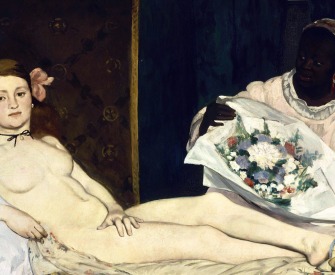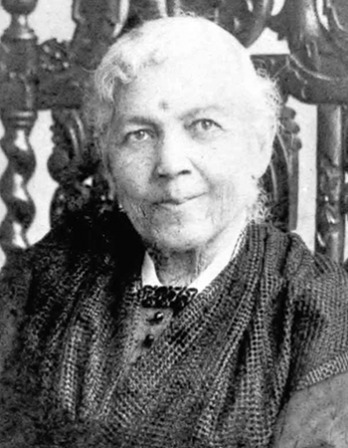Panel thieving is a method of robbery closely connected with streetwalking. The girl in this case acts in concert with a confederate, who is generally a man. She takes her victim to her room, and directs him to deposit his clothing on a chair, which is placed but a few inches from the wall at the end of the room. This wall is false, and generally of wood. It is built some three or four feet from the real wall of the room, thus forming a closet.
As the whole room is papered and but dimly lit, a visitor cannot detect the fact that it is a sham. A panel, which slides noiselessly and rapidly, is arranged in the false wall, and the chair with the visitor’s clothing upon it is placed just in front of it. While the visitor’s attention is engaged in another quarter, the girl’s confederate, who is concealed in the closet, slides back the panel and rifles the pockets of the clothes on the chair. The panel is then noiselessly closed. When the visitor is about to depart, or sometimes not until long after his departure, he discovers his loss. He is sure the girl did not rob him, and he is completely bewildered in his efforts to account for the robbery. Of course the police could tell him how his money was taken, and could recover it too, but in nine cases out of ten the man is ashamed to seek their assistance, as he does not wish his visit to such a place to be made public.
The streetwalkers are adept in deceit. Their chief object is to procure money, and they do not hesitate to plunder their victims in order to obtain it. One of their favorite “dodges” is called the “husband game.” This is played as follows. A man is picked up on the street, after nine o’clock, and carried to the girl’s room. He is asked to pay his money in advance, which he does. The girl then turns the lights down, and seems about to prepare to retire for the night, when a loud knocking is heard. The girl, in alarm, informs him that she is a married woman, and that her husband has returned. She begs him to escape, or he will be killed. The visitor, terribly frightened, is glad to get off through a side door. His money is not returned, but the woman promises to meet him the next night, which engagement, of course, is never kept. In ten minutes more she is on Broadway in search of a fresh victim.
James Dabney McCabe, from The Secrets of the Great City. Elsewhere in this book, McCabe urged readers “to shun those other, darker quarters of the city, which are but so many gateways to the paths that lead down to ruin and death.” Born in Richmond, Virginia, in 1842, he wrote several plays about the Civil War that were performed in 1862, edited the Magnolia Weekly for a year, and published books on Thomas “Stonewall” Jackson and U.S. history as well as collections of poetry. McCabe died in 1883.
Back to Issue



